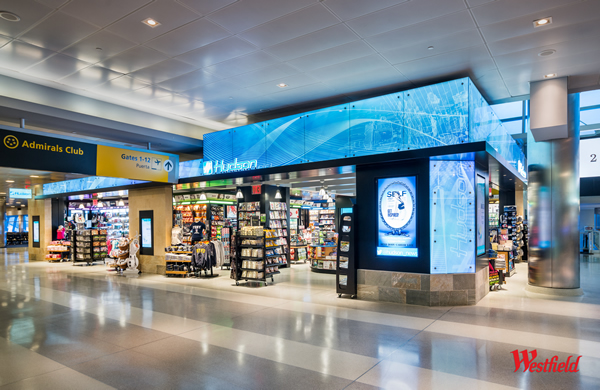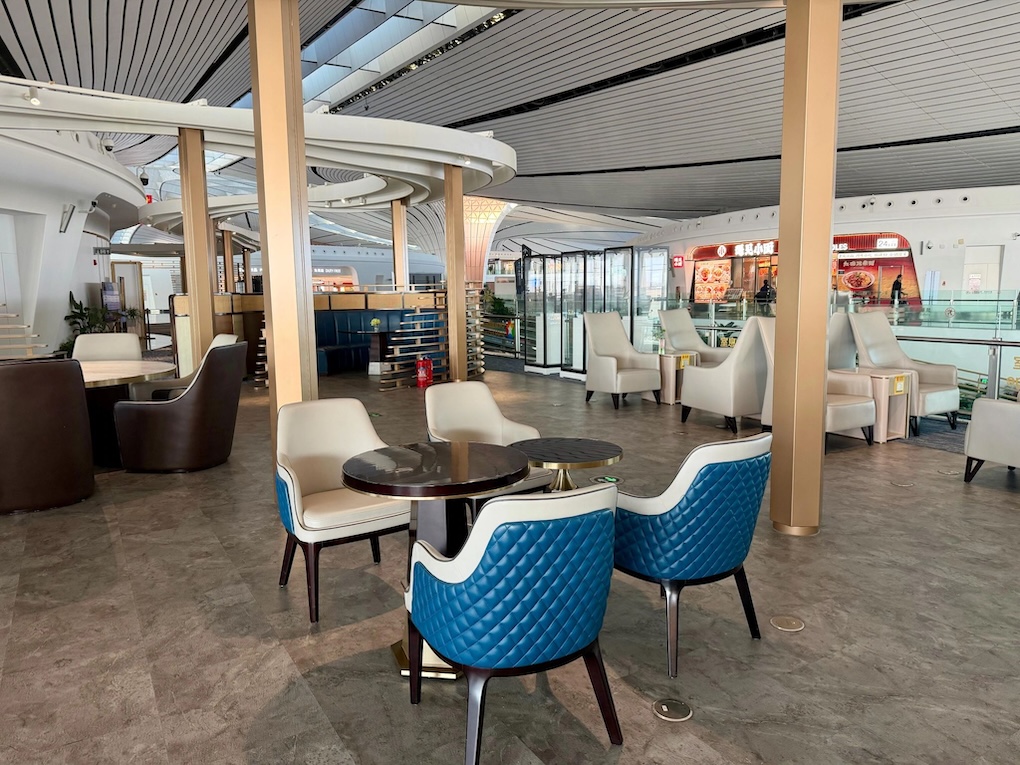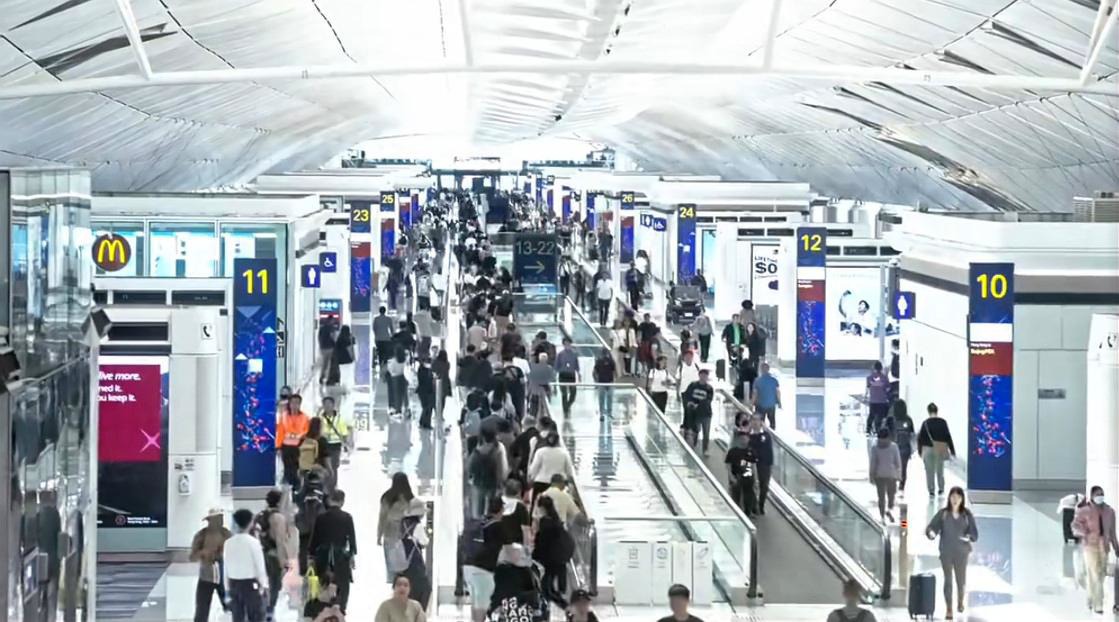
NORTH AMERICA. Dufry company Hudson today revealed its latest actions to mitigate the impact of the COVID-19 crisis, which the company said has led to sharply reduced customer traffic and spending across its retail stores in North America.
As reported, parent company Dufry today announced a series of measures to boost capital and liquidity in the face of falling sales.
Due to the very rapid and severe downturn in travel from the last two weeks of March, Hudson is also withdrawing all financial guidance provided on 11 March in its fourth quarter and full year 2019 earnings call.
For the first quarter ended March 31, the company now expects to report that:
- Net sales decreased by -23.4% to US$332.8 million from the same period in 2019.
- Like-for-like sales decreased by -22.5% from the year-ago period.
To preserve liquidity, the company has taken the following actions:
- Temporarily closing more than 700 of its stores in airports, commuter hubs, landmark, and tourist locations as of April 22.
- Reducing a majority of its workforce through furloughs and lay-offs of both field service and support team members. Furloughed employees will receive health benefits for at least 60 days, with Hudson funding 100% of employees’ health premiums.
- Decreasing staffing and store hours in certain locations that have remained open.
- Reached agreements with many landlords to abate or defer rents and other payments; Hudson said it continues to work with the remaining landlords and is “highly confident a satisfactory agreement will be reached with most”.
- Implementing salary reductions for corporate team members and field leadership.
- Reducing capital spend to minimal levels.
- Managing inventory tightly to better align with lower sales levels and reducing working capital needs.
- Reducing all operating expenses to minimal levels.
To minimise exposure to and halt the spread of COVID-19, Hudson said has taken a number of proactive steps across its network to protect employee and customer health.
“During these unprecedented global market conditions, our priority is the health and well-being of our team members, partners, customers and communities, as well as the fiscal health of our business,” said Hudson CEO Roger Fordyce. “In light of the challenges we are facing, we are making the difficult decisions to adjust our store operations and reduce our workforce, while also implementing significant cost reductions across the company.
“The actions we are taking to aggressively manage our expenses, working capital and capital expenditures are intended to preserve our short and long-term financial health while also ensuring we are ready to rebuild and welcome back our furloughed employees, so that we may re-open our stores as soon as conditions permit.”

As of March 31, 2020, Hudson said it had sufficient liquidity comprised of cash and cash equivalents to meet its near-term liquidity needs.
The company anticipates a 30 to 60 day delay in reporting its first quarter results to allow additional time to prepare its financial statements. This, it said, is “due to the need to conduct supplementary financial procedures and clarify certain accounting treatment related to the significant change in business conditions caused by the COVID-19 pandemic”.
Fordyce concluded: “We are extremely grateful to our employees and business partners who are helping us navigate these challenging times. Above all, we extend our heartfelt appreciation to our frontline team members who continue to serve travellers, including essential workers such as healthcare professionals and airport and commuter hub personnel, in stores that remain open.
“While the effects of this global health crisis are unprecedented, the company and our management team have overcome severe business downturns in the past. With the ongoing support of our employees, customers and business partners, we are well positioned to resume normal operations as business conditions stabilise and eventually improve. Though we cannot predict when operations will resume, we remain confident in the long-term strength of our business model and the resiliency of the travel retail industry.”

















